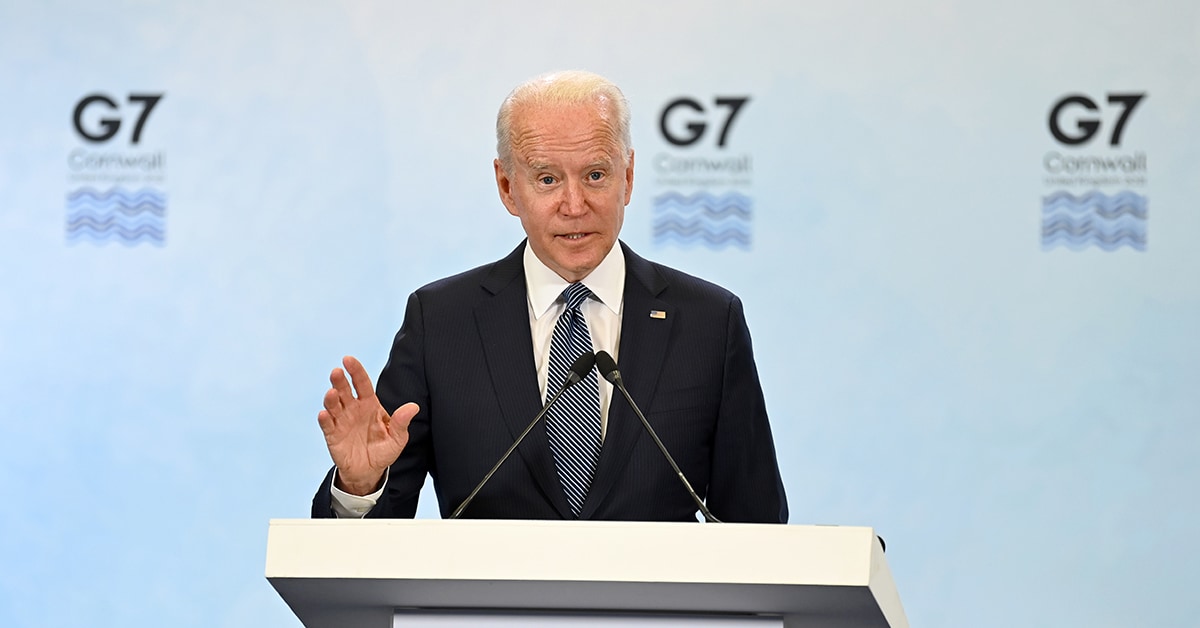G7 proposal could stem the tax-rate race to the bottom and shift focus away from digital.

The Group of Seven put tax havens on notice when the body voiced its support for establishing a global minimum corporate tax during its mid-June meeting in London. The proposal also chips away at recent tax distinctions between digital and brick-and-mortar businesses.
“This could really impact low-tax jurisdictions,” said Nana Ama Sarfo, an international tax expert and senior editor at accounting publication Tax Notes.
The average tax on corporations globally is 24%, so to agree on a level of 15% [the G7’s proposal] could cause a race downwards among tax jurisdictions, she noted. Tax authorities have yet to decide which carve-outs and exclusions they will grant, reducing the amount companies pay in taxes.
The G7 tax plan next needs to win the approval of the Group of 20 countries, which will meet in Italy next month.
“This is an agreement to turn away from a three-decade trend toward exempting the foreign earnings of domestic multinationals towards a system of worldwide taxation where every country is taxing the foreign earnings of its own multinationals,” says Thornton Matheson, a senior fellow at the Urban-Brookings Tax Policy Center.
The agreement would have the world’s largest and most profitable companies pay tax on a percentage of their profits to countries where their sales occur regardless of whether they have a presence. The plan mainly would affect online multinationals like Netflix, Facebook, and Google with limited physical footprints.
The G7 proposal would also replace a series of taxes on digital commerce that have been imposed by many nations, including The UK, Austria, Hungary, Italy, Poland, Turkey, and Spain. These digital taxes targeted largely US tech firms, with the various governments arguing that digital entities need to contribute to the economies in which they have sales. The Biden Administration succeeded in broadening the tax from exclusively digital companies to include the world’s top 100 multinationals.
The actual formula proposed in the G7 agreement is for the largest multinationals to pay a tax on 20% of their profits earned (after excluding the first 10% of their earnings) to the countries where the sales took place.
Companies with international operations would also face an under-tax payment rule if they attempt to shift profits from a subsidiary in one country to another country with a lower tax. Such actions would result in the first jurisdiction denying such deductions.
The G7 proposal of a 15% global minimum corporate tax is significantly below what US President Joseph Biden has proposed as a tax on the foreign earnings of US multinationals. President Biden had called for a 21% tax on those earnings but also eliminating some other foreign income deductions, which would bring his total tax on foreign earnings to 26.25%.
Nonetheless, US Treasury Secretary Janet Yellen hailed the G7 agreement as “significant, unprecedented commitment,” adding that the plan “would end the race-to-the-bottom in corporate taxation, and ensure fairness for the middle class and working people in the US and around the world.”



